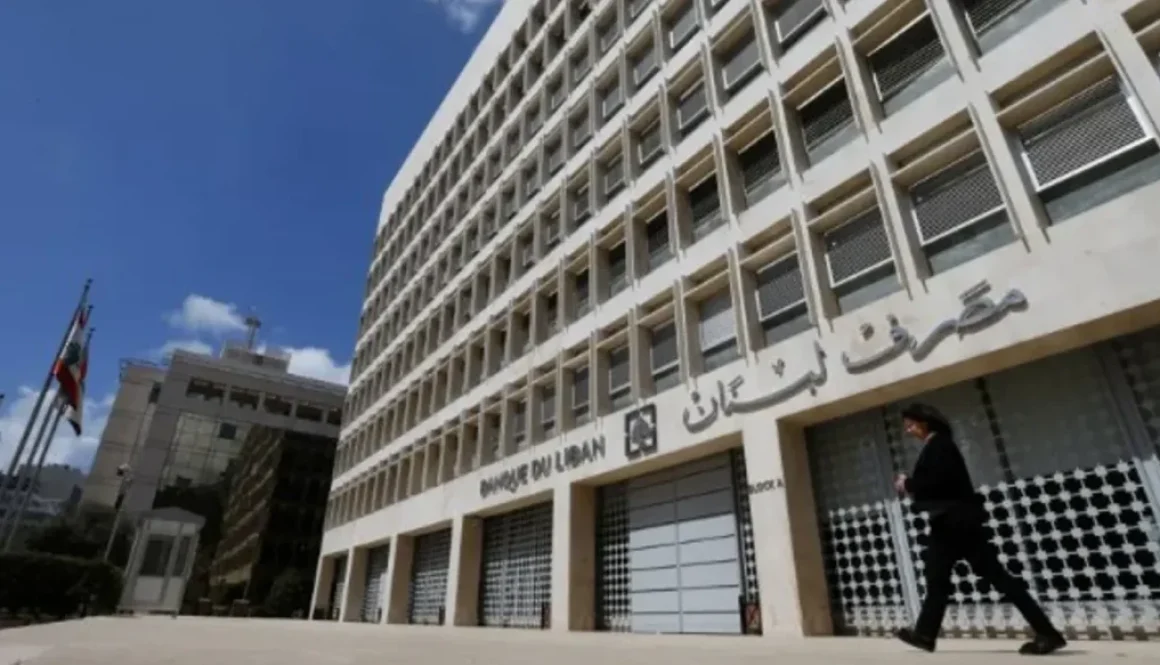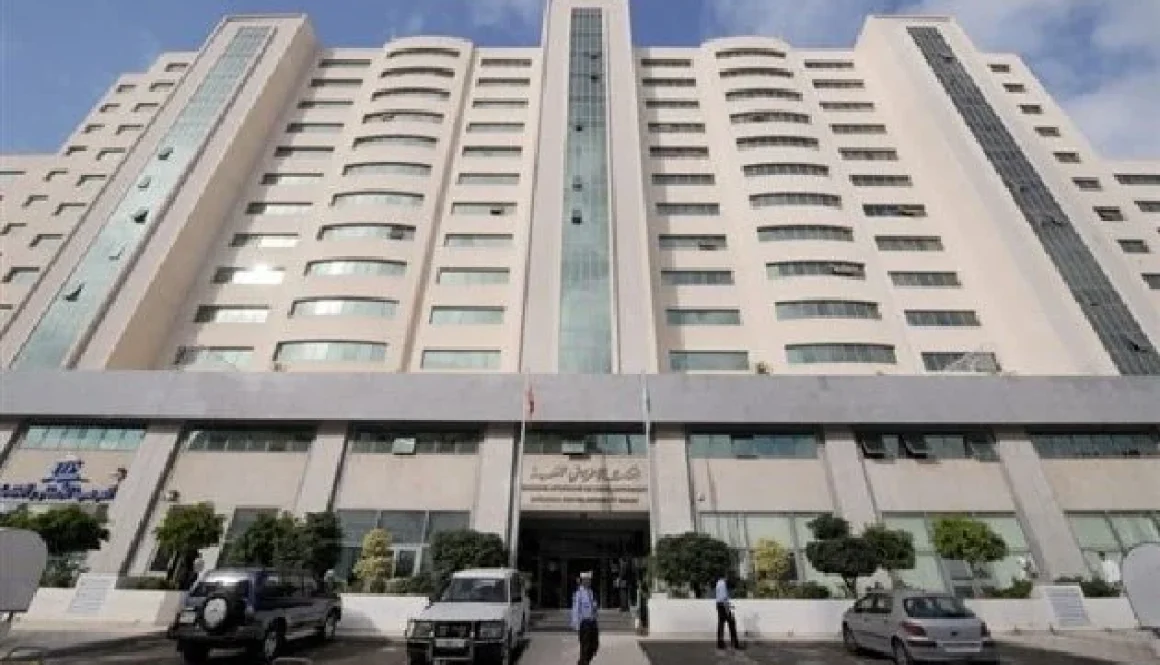XRP Could Hit $10 if ETFs Approved—But What Are the Odds?
(Crypto News)-19/02/2025
The U.S. Securities and Exchange Commission (SEC) on Feb. 14 acknowledged a filing for Grayscale’s spot XRP exchange-traded fund, but Bloomberg ETF analysts James Seyffart and Eric Balchunas say Ripple is the least likely crypto ETF to get approval.
The formal acknowledgment of the so-called 19b-4 filings by the SEC would generally mean that the regulator is somewhat willing to consider the proposal of ETFs that track the price of XRP, Ripple’s eponymous token. But it does not guarantee success.
Seyffart and Balchunas recently analyzed various spot cryptocurrency ETFs and gave XRP ETF filings a 65% chance of being approved by the SEC.
It is the lowest prediction of the four filings reviewed by the Bloomberg ETF analysts. Litecoin (LTC) led with approval odds of 90%, followed by Dogecoin (DOGE) at 75%, and in third place, Solana (SOL) at 70%.
At least six companies have filed for a spot XRP exchange-traded fund with the Securities and Exchange Commission, including Bitwise, Canary Capital, Grayscale Trust, VanEck, 21Shares, and Wisdom Tree.
The SEC has until mid-October 2025 to make its final decision. However, Seyffart and Balchunas are doubtful about the XRP ETF, citing the token’s long-running legal battle regarding its status as a security or commodity.
“It’s our view that until that whole mess of litigation between Ripple/XRP and the SEC is settled and/or finished…you likely won’t see an ETF,” Seyffart wrote on X (Twitter). “The SEC needs to untangle that mess.”
In a separate but not unrelated post, Balchunas said it is crucial to “keep in mind” that all these odds were below 5% before the election of Donald Trump, a self-proclaimed “Crypto President.” Trump reconstituted the SEC.
“So these are really good odds, relatively speaking, and will likely grow the more we see these go through the typical process,” Balchunas explained.
XRP’s Legal ‘Mess’
XRP is the native token of the open-source XRP Ledger. It was created by the founders of Ripple Labs in 2012. Ripple Labs uses the token and the blockchain in its cross-border payments business.
XRP is now the third-largest crypto asset by market cap, with $158 billion in assets, up more than 400% from $30 billion in October 2024. However, the asset has a legal baggage that continues to cast a shadow over its performance.
Ripple has been embroiled in a legal battle with the SEC for over four years. The SEC alleges that the company and its CEO Brad Garlinghouse and co-founder Chris Larsen unlawfully sold XRP – which it sees as a security – to retail investors on exchanges in 2019.
The agency argues that XRP must fall under the purview of U.S. securities laws. In 2023, Ripple secured a partial win after U.S. District Judge Analisa Torres ruled that XRP is not a security when sold to retail investors on crypto exchanges. The ruling also said XRP will be seen as an unregistered security offering if sold to institutional investors.
The court ruling was celebrated as a landmark win for the crypto industry, as it could clarify how dozens of other cryptocurrencies targeted by the SEC could be regulated.
On Oct. 2, 2024, however, the SEC filed to appeal Judge Torres’ ruling, a decision Garlinghouse previously described as “misguided.”
A few days later, Ripple chief legal officer Stuart Alderoty announced on X that the company had filed a “cross-appeal” – a kind of counter-appeal against the SEC’s court appeal – “to ensure nothing is left on the table.”
SEC Has Discretion to Approve XRP ETF
Since the election of Trump, things have been looking up. The SEC is now under new leadership and has started to downsize its enforcement unit, which at some point had over 50 lawyers targeting crypto-related cases.
Number one crypto nemesis Gary Gensler resigned his position as Trump assumed office on Jan. 20. Under his leadership, the crypto industry saw more than 400 enforcement actions, the worst of any U.S. administration.
George Georgiades, general counsel at stablecoin payments network Borderless.xyz, expects a “favorable resolution” to the XRP issue “in the near future.”
Speaking to Cryptonews, Georgiades said while it is customary for the SEC to clear regulatory concerns first, the agency still “has the discretion to approve an XRP ETF even with the enforcement action still pending.”
“But this is also a very different SEC right now,” the veteran lawyer noted, adding:
“Under Chairman [Mark] Uyeda, there has been a rapid retreat from aggressive enforcement posture seen over the past several years, with enforcement actions being stayed as the Crypto Task Force reassesses the SEC’s stance. Given this evolving regulatory landscape, I anticipate a favorable resolution in the very near future which will resolve all pending actions and clear the path for ETF approval in 2025.”
His comments dovetail with those shared by Seyffart, the Bloomberg ETF analyst. Seyffart said he expects the “task force will untangle some of the security vs commodity implications from lawsuits by the end of 2025.”
Uyeda is the new acting chair of the SEC. He recently appointed Hester Peirce, a.k.a “Crypto Mom,” to lead a task force focused on reviewing how the Securities and Exchange Commission regulates crypto assets.
SEC commissioner Peirce has tended to voice support for the crypto industry. During the Gensler era, she often publicly criticized the agency’s approach to dealing with crypto.
In early February, she published a position paper on the SEC’s website saying, “The Commission’s handling of crypto has been marked by legal imprecision and commercial impracticality.”
Bloomberg Odds Are ‘Optimistic’
Orest Gavryliak, chief legal officer at DeFi protocol 1inch, believes the 65% XRP ETF approval odds cited by Bloomberg are “optimistic” in light of the “long-lasting conflict between Ripple and the SEC.”
“Historically, the SEC has been reluctant to approve ETFs when the asset in question is subject to outstanding litigation or vague classification,” Gavryliak told Cryptonews.
“Unlike Bitcoin and Ethereum, where regulators have signaled acceptance of their non-security status.”
Continuing, Gavryliak said:
“An XRP ETF approval is quite unlikely until the SEC vs. Ripple lawsuit is fully settled or dismissed or the SEC provides formal regulatory clarity on XRP’s classification. And given the SEC’s past cautious approach, the 65% probability cited by Bloomberg analysts seems optimistic.”
A favorable outcome in Ripple’s ongoing lawsuit is crucial in establishing that XRP is not a security under U.S. federal securities law.
Analysts say the approval of an exchange-traded fund would be a boost for the XRP price, which has for years underperformed the wider crypto market due to Ripple’s legal woes.
In August 2024, for example, the price of XRP soared nearly 30% after Judge Torres ordered Ripple to pay a $125 million fine for breaching securities laws. The fine was seen as a win for Ripple since the SEC was looking for $2 billion in damages. After Ripple’s partial victory in June 2023, the XRP price almost doubled in value to as high as $0.94.
Since Trump’s election victory in November, the price of XRP has climbed from about $0.54 to $2.67 as of this writing. That’s a gain of more than 390% in under four months. XRP peaked at over $3.32 in mid-January.
“The approval of an XRP ETF could significantly boost XRP’s price due to increased demand, liquidity, and institutional investment,” Forest Bai, cofounder of crypto venture firm Foresight Ventures, tells Cryptonews.
He predicts that the XRP price could push “towards $3 to $10 or higher in bullish scenarios,” saying:
“This would be influenced by market sentiment, regulatory clarity from the ongoing SEC lawsuit, and the ETF’s ability to attract both retail and institutional investors. However, the price might also experience volatility post-approval, akin to the ‘buy the rumor, sell the news’ effect seen with other cryptocurrencies.”
The push for altcoin crypto exchange-traded funds follows the successful launch of several spot Bitcoin ETFs and Ethereum ETFs in 2024. The SEC had repeatedly rejected the funds, worried about investor protection.
But the regulator lost a lawsuit brought by Grayscale Investments, forcing it to approve the ETFs. In approving the funds, former Chair Gary Gensler warned Bitcoin remains a “volatile asset” and investors should be careful.
Since their debut, Bitcoin ETFs have attracted more than $40 billion in capital from institutional and retail investors, according to Sosovalue data, making them the “most successful ETFs in history.”
Meanwhile, total Ethereum net inflows had reached $3.2 billion as of Feb. 17.









